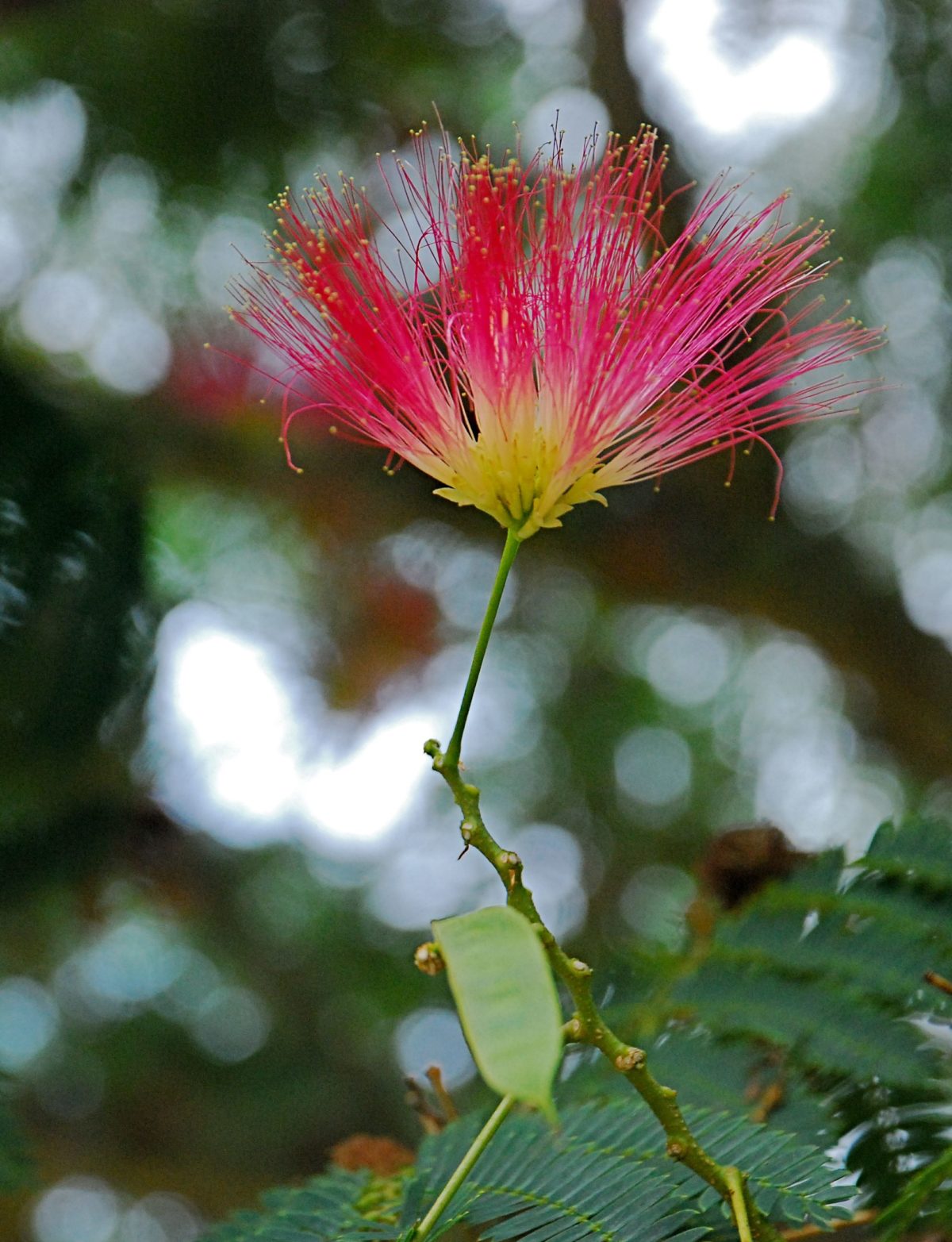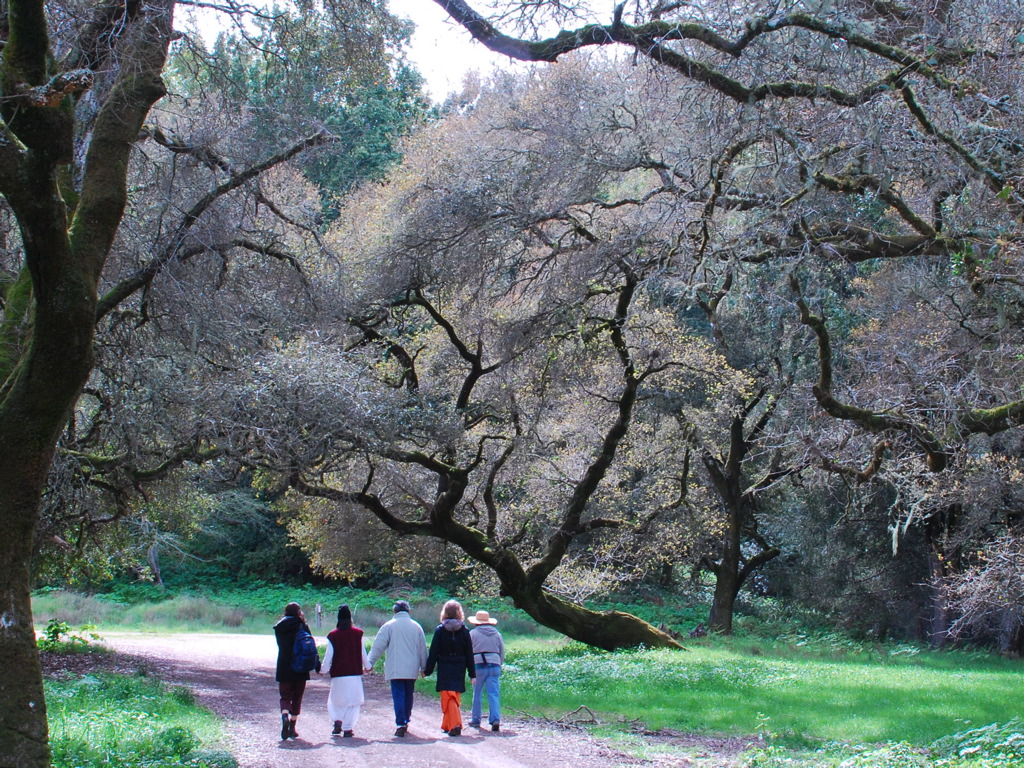Growing Mindful Relationships
By Jerry Braza

The Talmud says, “Every blade of grass has its angel that bends over it and whispers, ‘Grow, grow.’” Imagine the face of a child when he or she hears, “You are so precious. You can do it. I’m so glad you were born.” Picture the look on a loved one’s face in response to,
Growing Mindful Relationships
By Jerry Braza

The Talmud says, “Every blade of grass has its angel that bends over it and whispers, ‘Grow, grow.’” Imagine the face of a child when he or she hears, “You are so precious. You can do it. I’m so glad you were born.” Picture the look on a loved one’s face in response to, “You are perfect as you are. You are such a joy. I am here for you. Thank you for being in my life.”
What if—like a blade of grass or a tender seed waiting to become itself—you were the recipient of continual whispers of, “You are enough, just as you are”? And how would the lives of those you love be different if you were the whisperer?
Becoming a Master Gardener
Becoming a master gardener of our relationships, and ourselves, requires us to learn how to become intimate with the garden of our consciousness. Initially the seed of mindfulness develops into a wholesome formation through the repetition of returning to whatever is happening in the present moment. With the lens of mindfulness, it is easier to observe the seeds that lie deep in our consciousness, to learn how to water or transform these seeds, and to aerate the soil so there is healthy circulation between the soil and garden of our consciousness, between the store and mind consciousness.
The Master Gardener as Gatekeeper
The first step toward becoming a master gardener is to develop our awareness of how the quality of our lives is influenced by the seeds that have been watered. Everything that affects our consciousness enters metaphorically as a seed. The work of the master gardener is that of gatekeeper and protector of the garden of our consciousness. According to Thich Nhat Hanh, “Our mind is a field, in which every kind of seed is sown—seeds of compassion, joy, and hope, seeds of sorrow, fear, and difficulties.” Seeds refer to all the information that enters our awareness and gets stored in our consciousness. Using this awareness, think of a typical day. What kind of seeds or information are you allowing to enter your consciousness via the media, people in your life, and your everyday conversations? As parents and those who are responsible for or involved in the well-being of others, how do we protect the consciousness and the precious potential of the human gardens in our care?
Seeds of Suffering and Seeds of Love
Seeds of consciousness fall into two distinct categories— seeds of suffering and seeds of love. Consider what happens in our relationships when we witness or experience someone’s anger, hatred, violence, abuse, jealousy, or craving. The act or behavior is first noted in our mind consciousness. Immediately, thoughts, feelings, and perceptions arise and cause us to create a mental formation, or a story in our mind. We then experience this story in our mind consciousness—the part of the garden that we see— which simultaneously triggers a response in our store consciousness, underground. When the seeds of suffering are experienced or watered, our typical response is to avoid or suppress them by pushing them deep into the store consciousness. The same holds true in our relationships, when the seeds of love are experienced or nurtured. We don’t suppress them, but we do allow them to take root in our store consciousness. Thus, becoming aware of and watering the seeds of love, and embracing and transforming the seeds of suffering are essential to a healthy and mindful relationship with ourselves and others.
The Power of Metta
Several years ago, my wife and I began an evening practice of sharing metta, or loving kindness, with each other as we prepared to sleep. In doing so, our sleep has become deeper and more restful. In our practice, we begin with ourselves:
May I be filled with loving kindness.
May I be free from suffering.
May I find joy.
May I be well.
May I find peace.
After directing loving kindness to ourselves, we extend thoughts of loving kindness to each other by repeating the above phrases, replacing the “I” with “you.” We conclude by sending this loving kindness to people that we love and especially to those who we know are struggling at this time. Invariably we sleep better and wake up more cheerful and more likely to share that good will with others.
Selective Watering
Learning to love requires an understanding of ourselves and our relationships. When we understand another person, we will know which messages will reinforce our relationship with them. There are myriad seeds, some of which need more attention than others. Each person is unique—there is not one “love map” or seed planting guide that works for all.
A Seed Sampler
Here are some mantras that will help us strengthen the master gardener in ourselves.
Loving Kindness: “I love myself so I can love others.”
Compassion: “My practice is to keep my heart open to the suffering in others.”
Joy: “I bring joy to every person I meet.”
Loving Speech: “I speak from the heart when it is true and when it is appropriate.”
Fear: “When fear arises, I am aware of it and consciously shift to loving myself and others.”
Anger: “Today I aspire to look deeply at the source of my anger.”
Violence: “I aspire to avoid contact with violence in all forms.”
May you be filled with loving kindness and may you be well on your journey to watering the seeds of love.
This article contains excerpts from Watering the Seeds of Love: Growing Mindful Relationships, to be published in 2011 by Tuttle Publishing. In this book, Jerry Braza offers a secular interpretation of the teachings of the wisdom traditions and Thich Nhat Hanh. The book offers insights on how to take care of the gardener (all of us) and the garden (the soil of our consciousness) and how to water the seeds of love and transform the seeds of suffering, using mindfulness as a guide. Visit www.wateringtheseedsoflove.com.

Jerry Braza, Ph.D., True Great Response, spent a career as a professor of Health Education and recently retired from Western Oregon University. He is the author of Moment by Moment: The Art and Practice of Mindfulness. Jerry is a Dharma teacher in the lineage of Thich Nhat Hanh and offers retreats and days of mindfulness.

